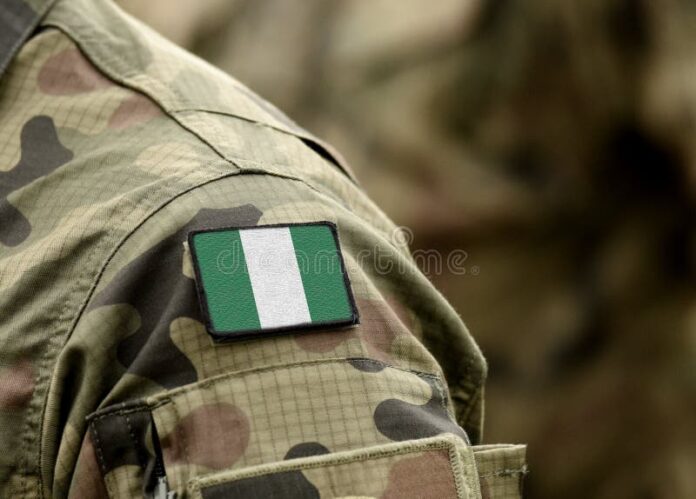Sabon Gari mourns. Five soldiers, symbols of valor and sacrifice, fell amidst unrelenting chaos, defending a community that now bears the scars of their absence. These men were more than warriors; they were fathers, brothers, and sons. Yet their ultimate sacrifice faces a silence as chilling as the violence that claimed their lives.
As families grapple with their grief, the glaring absence of condemnation for the perpetrators of this heinous act is troubling. The global outcry, so often reserved for human rights violations, seems absent when the atrocities are the work of groups like ISWAP and Boko Haram. These factions, architects of over 200,000 deaths in Northeast Nigeria, remain elusive, their actions met with muted responses from entities that should champion justice.
Prominent organizations like Amnesty International, known for their vocal critiques of military missteps, have yet to turn their scrutiny toward these terrorists. This selective focus undermines the very principles of justice and human rights, leaving communities devastated by insurgency feeling abandoned and betrayed.
This imbalance poses a pressing question: can a world that overlooks such violence claim to be just or fair? Each unaddressed tragedy deepens the wounds of those left behind, perpetuating a narrative that some lives matter less.
Justice demands accountability. The call to action must reverberate across borders, compelling international communities to address this crisis head-on. Anything less is a betrayal of the very values we claim to uphold.
A world indifferent to such violence stands complicit in the injustice it allows.
@ZagazOlaMakama




